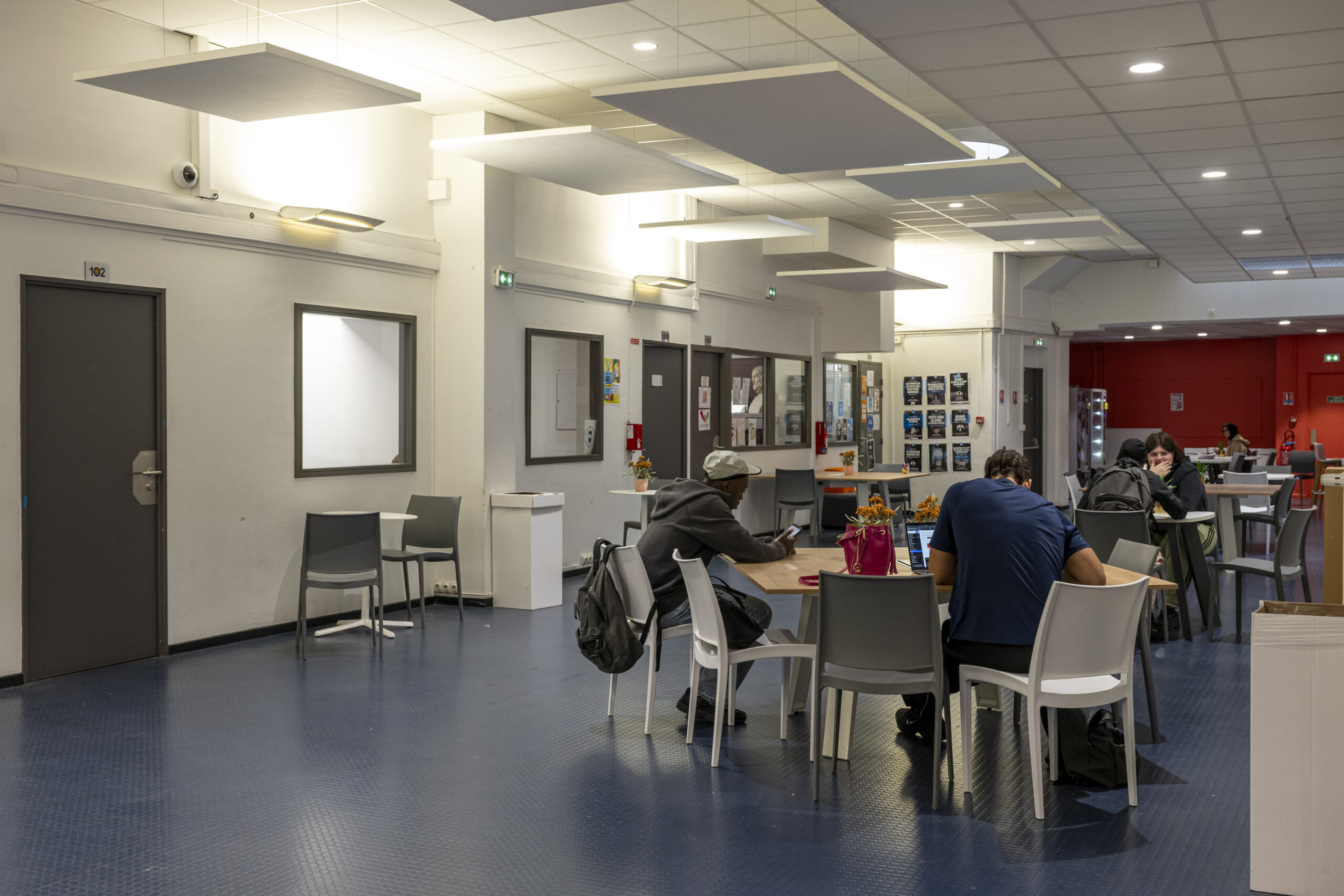Become familiar with the structure of the exam
Find out about the different sections of the exam, the types of exercises and evaluation criteria. This will help you better understand what is expected of you, both in oral and written comprehension/expression. You will then be able to focus on what is important in your learning process.
Assess your current level
Take a test to assess your current skills in French language including oral comprehension, written comprehension, oral expression, written expression. This will allow you to determine your strengths and weaknesses. In order to assess your level in French, you can use online tests, or take the Test d’évaluation du français (TEF) which is a test of fluency issued by the Paris Chamber of Commerce.
Use exam-related resources
Use preparation manuals specifically designed for DELF and DALF. These resources provide sample exercises, methodology tips, and practice topics similar to those on the actual exam. Take mock exams on a regular basis to familiarize yourself with the pace and demands of the actual exam. This will also allow you to get used to the real exam conditions while assessing your level in French language.
Train regularly
Dedicate time each day to practice different language skills. Do oral and written comprehension exercises, practice oral and written production, and familiarize yourself with the specific techniques required for each section. Try to dedicate a few hours a day to your practice of French language.
Practice speaking, including in public
The oral part of the exam is often a challenge for international students and many candidates in general. Practice regularly by recording yourself or working with a conversation partner. Work on your fluency, your pronunciation and your ability to structure your ideas clearly; do not hesitate to speak French with French people, as they can help you with your accent and vocabulary.
Listen/watch recordings in French, such as radio shows, podcasts, films or TV series. Try to understand the general meaning, as well as the specific details. Many audiovisual resources are available on the web today, so use them in your advantage!
Expand your vocabulary
Enrich your vocabulary by reading a variety of texts such as press articles, novels, essays or blogs. Take note of new words and phrases and try to use them in your own writing and speaking.
Enroll in a preparation course
Working with an experienced tutor or joining a prep course can be beneficial for receiving personalized guidance, getting feedback on your performance, and getting motivated. The Cours de Civilisation française de la Sorbonne thus offer preparation courses for both the DALF and the DELF, providing students with an efficient pedagogy designed to learn French in the best conditions.









